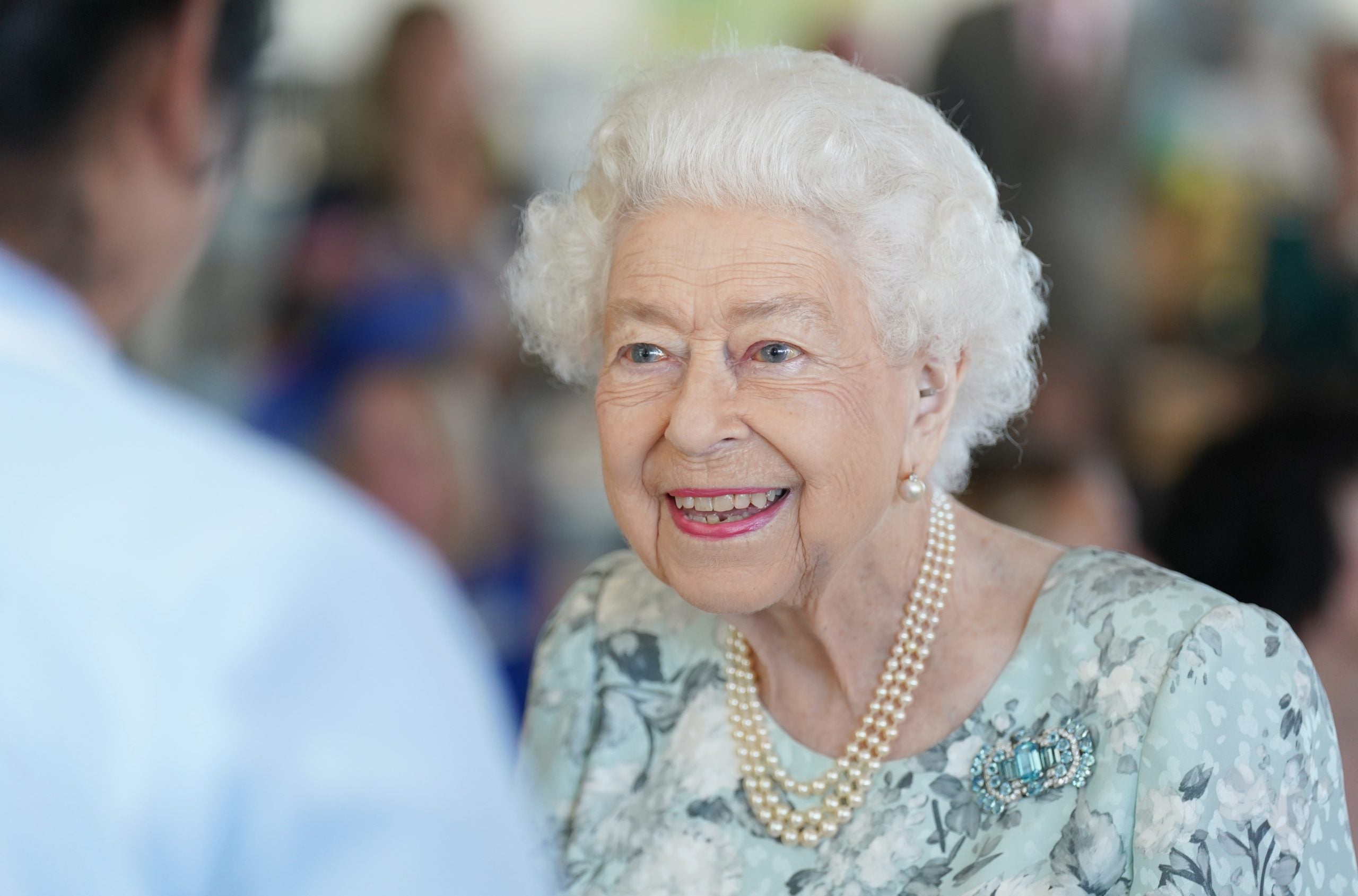
Her Majesty, Queen Elizabeth II died on Thursday afternoon, according to the Royal Family. She was 96.
She is survived by her immediate family, three sons, a daughter, eight grandchildren and 12 great-grandchildren.
Born on April 21, 1926, she was the eldest daughter to King George VI and Queen Elizabeth The Queen Mother.
On February 6, 1952, after a long illness, King George VI of Great Britain and Northern Ireland died in his sleep. At age 27, Princess Elizabeth, was officially crowned Queen Elizabeth II on June 2, 1953.
The queen’s ascension to the throne was unexpected, as at the time of her birth—during her grandfather’s reign—she was third in line of succession. She was behind both her father and uncle Edward, who was expected to marry and have children of his own who would then precede her in the line of succession. However, when her grandfather died in 1936 and her uncle succeeded as Edward VIII (he later abdicated), she became second in line to the throne, after her father. Had her parents birthed a son, after her or her sister, Princess Margaret, male-preference primogeniture would have placed him as the next heir to the throne.
Queen Elizabeth II married her second cousin once removed, Prince Philip of Greece and Denmark at age 21 in 1947. The two met as teens and she reportedly fell in love with him once they began exchanging letters.
Shortly after she wedded Prince Philip, she gave birth to Prince Charles in 1948. Two years later she birthed a second child, Princess Anne. In 1960, the family welcomed a third child, Prince Andrew, and in 1964, she birthed a fourth child, Prince Edward.
Prince Phillip died in April 2022 at age 99.
During the earlier years of her reign, in the 1960s and 1970s there was an acceleration in the decolonization of Africa and the Caribbean. More than 20 countries gained independence from Britain as part of a planned transition to self-government. At the time of her death, Queen Elizabeth II was still the head of the Commonwealth—an association of 56 independent countries. She was also head of state in 14 of the member states in addition to the United Kingdom, including: Antigua and Barbuda, Australia, Bahamas, Belize, Canada, Grenada, Jamaica, New Zealand, Papua New Guinea, Saint Kitts and Nevis, Saint Lucia, Saint Vincent and The Grenadines, Solomon Islands, and Tuvalu.
Earlier this year, the Royal Family was forced to cancel Jubilee celebrations in Jamaica and Belize as the countries have been actively seeking to remove the Queen as head of state and be paid reparations for Britain’s role.
Per royal tradition, following the Queen’s death, her eldest son, Charles, Prince of Wales, instantly become’s Britain’s new monarch. King Charles III, as he will be known, is 73.





